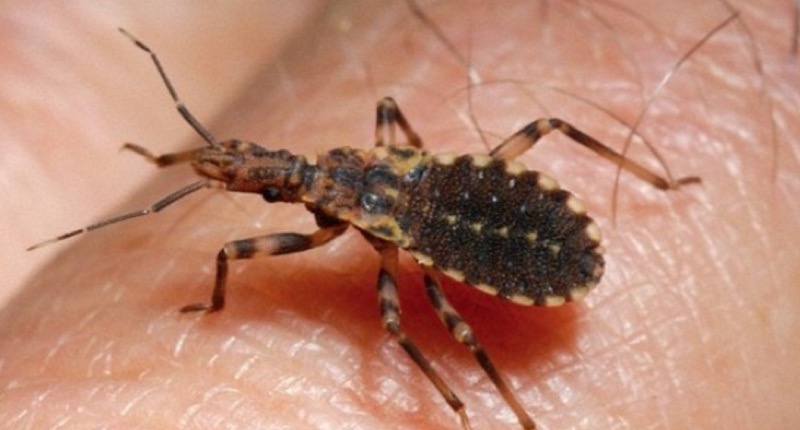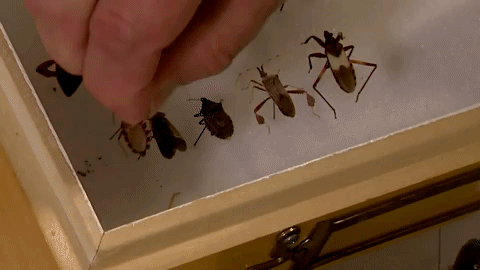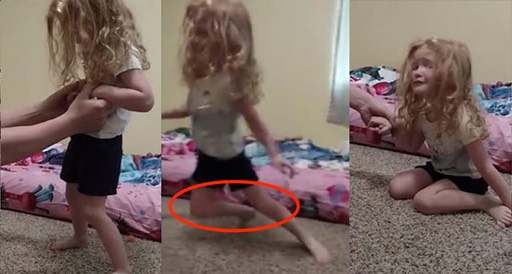
Very few people like the idea of bugs in their room, specifically bugs that can cause you harm. One bug which is known as the kissing bug may have a cute name, but has quite evil intentions down below.
If you’ve never heard of kissing bugs, it’s time to start learning about them as they can be deadly and are starting to appear all over the United States.
The bug’s bite can be lethal to humans, and the bug, also known as a triatomine bug, is infesting the United States, so learning about this creepy critter is important for your safety and health.
The triatomine bug feeds of the blood of mammals, including humans, dogs, livestock, and just about anything with skin and blood.
The bugs are…
also attracted to carbon dioxide, which is what humans exhale, meaning the bugs like to find themselves on your face and nose.
If the bug has a parasite in it when it bites you, or defecates into the wound, then you are at high risk to contract Chagas disease, which can be fatal if not treated.
Not every bug has a parasite inside of it, but it is important to be aware of the danger. As of now, the deadly bug has been found in 28 of the 50 states in the United States.
As you can see, they are mostly found in the south; however, they have been spotted as far north as Pennsylvania. They have also reported to have been in New Jersey.
If you get bitten…

look out for symptoms such as fever, fatigue, rash, diarrhea, and vomiting.
The bugs hide in cracks in many homes, and come out during the night like bed bugs, so sometimes you don’t even know that you have been bitten.
Ways to protect yourself from these bugs include:
Sealing all cracks and holes in your home, Checking your pet’s bedding for them, Removing wood or brush piles near your home, Turning off outdoor lights at night.
These bugs are hard to kill too. Bug spray does not phase them, and they will get you if they can! Be sure to share this article with your friends to help keep them safe!
Below we feature a news report to help you better understand and avoid this creature.
Watch the clip, leave your comments below and share this article to continue spreading awareness about this dangerous bug!









